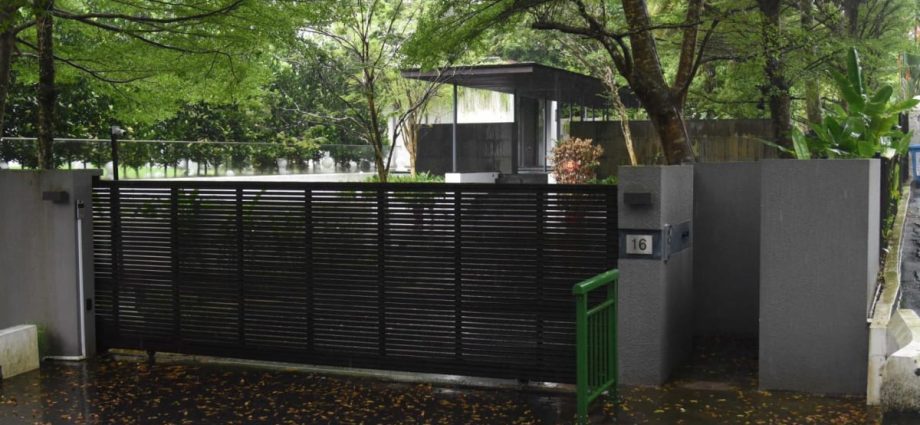
DUE DILIGENCE CHECKS
In response to CNA’s queries, the CEA said that real estate agencies and their agents must conduct customer due diligence before entering any business relationship with them.
This includes identifying and verifying the identity of their clients, and assessing the risk of them being involved in money laundering activities.
They must keep records of these due diligence measures for at least five years. They are also required by law to report any suspicious transactions or activities to the Commercial Affairs Department.
To this end, the CEA said it has circulated a list of “suspicious indicators” to the real estate industry.
The list includes behavioural indicators, such as the client appearing hesitant or declining to put his name on any document that would connect him with the property.
Entering the transaction at a value much higher or lower than the market value of the property is another indicator. So is buying multiple properties in a short time, with seemingly few concerns about location, condition and repair costs.
The CEA inspects agencies to check if they comply with these regulations. Failure to do so can result in financial penalties of up to S$200,000 per case for an agency, and up to S$100,000 per case for an agent. An agent’s registration can also be suspended or revoked.
WHAT AGENTS DO ON THE GROUND
Property agent Shafik Yusope said that his employer – PropNex Realty, Singapore’s largest real estate agency – requires salespersons to adhere to various measures to prevent money laundering and terrorism financing.
For example, they are required to submit multiple forms – provided by the CEA – to their agencies upon the exercise of an option to purchase.
One such form, which serves as a checklist on customer due diligence for sale and purchase transactions, gets salespersons to confirm things such as if their prospective client or beneficial owner:
- Is on the United Nations sanctions lists
- Is a politically exposed person
- Has obtained an exemption order under the Terrorism (Suppression of Financing) Act
Politically exposed persons are those that have been entrusted with a prominent public function, such as politicians and government officials. Due to their positions and access to sensitive information, they are often susceptible to bribery or corruption.
For higher-risk transactions, agents are required to conduct enhanced due diligence measures by seeking further information, including the purpose of the transaction and the source of their client’s funds or wealth.
They also have to seek approval from their agency to continue with the transaction.
These higher-risk areas include complex or unusually large transactions, which could include attempts to disguise the beneficial owner or obscure the multiple intermediaries used.

